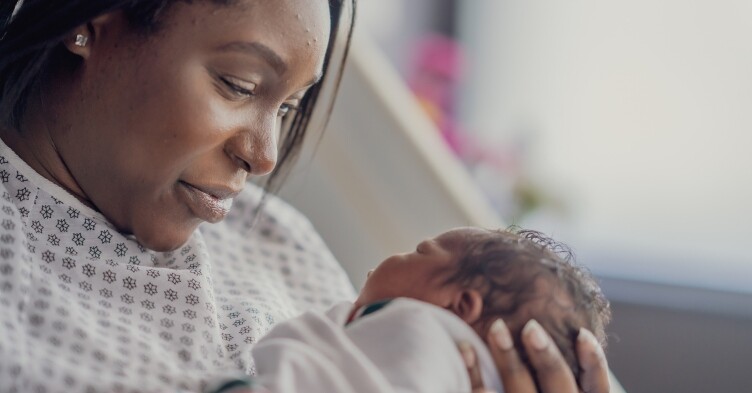Age at menopause linked to decline in muscle mass and strength

The length of the reproductive cycle of women and the age of menopause could determine the risk for decline in muscle mass and strength, according to a new study.
This is the first time that the length of the reproductive period has been associated with a loss of muscle strength in women.
Related Article: Postnatal contraception advice reduces the risk of back-to-back pregnancies
The researchers suggest that the findings, which are published in Menopause, may relate to the beneficial effects of oestrogen on skeletal muscle.
Researchers from Pusan National University School of Medicine in South Korea found that a shorter reproductive period is associated with a decreased risk of low handgrip strength in postmenopausal women.
The loss of skeletal muscle mass and function, known as sarcopenia, occurs as part of the ageing process and in women, it is often associated with the postmenopausal period. Sarcopenia can lead to a reduced physical capacity and a decreased quality of life. By 2045, it is projected that nearly three-quarters of the global population over the age of 65 will be affected by sarcopenia.
Using handgrip strength as a measure of muscle strength, the researchers analysed the strength of 2,354 postmenopausal Korean women aged 45 to 75 years. They used statistical analysis to assess the relationship between the reproductive period and low handgrip strength.
Related Article: ‘Concerning acceleration’ in drug-resistant gonorrhoea ahead of vaccine programme
The findings show that the longer the reproductive period, the lower the risk of low hand grip strength in postmenopausal women. The researchers found that factors such as household income, level of education, length of breastfeeding period, and level of vitamin D and protein intake also affected strength, but the trend associated with reproductive period and handgrip strength continued even after controlling for other variables.
The age at menopause was associated with reduced low handgrip strength. However, no relationship was observed between age at the onset of menstruation and low handgrip strength.
Dr Stephanie Faubion, medical director for The Menopause Society (formerly The North American Menopause Society), said: ‘This study showed that a longer reproductive period and later age at menopause were linked to a lower risk of low handgrip strength in postmenopausal Korean women. This finding may relate to the beneficial effects of oestrogen on skeletal muscle.’
Related Article: Action needed to tackle untreated hearing loss in care homes
It is hoped that the research can be continued, and the findings confirmed across a diverse population group.

See how our symptom tool can help you make better sense of patient presentations
Click here to search a symptom




